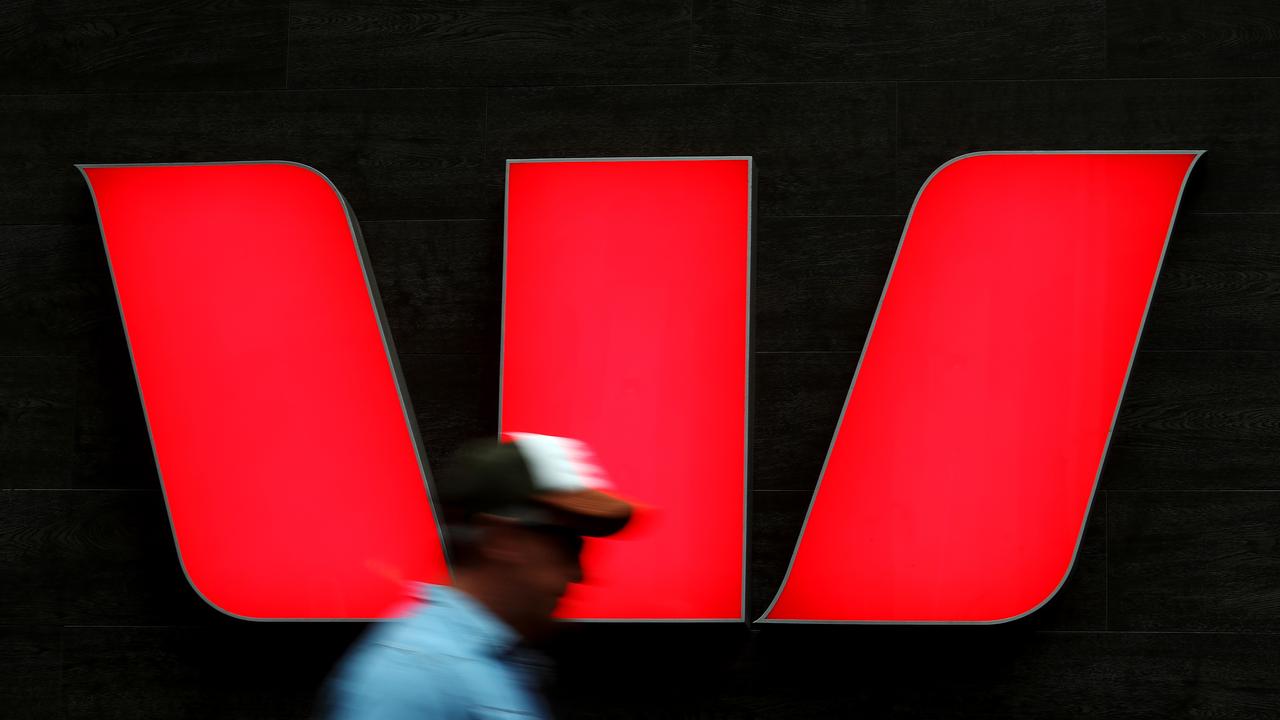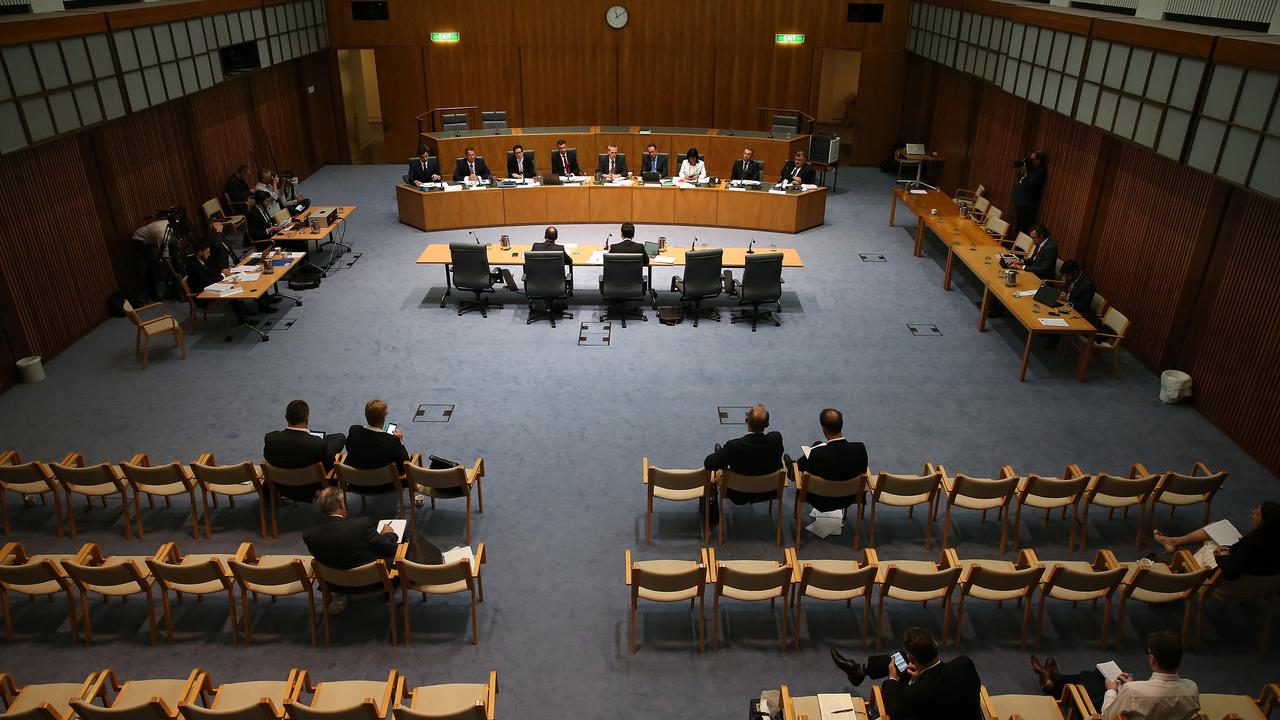The roadblocks on Europe’s path to recovery
A number of developments will frustrate Europe’s attempts to achieve its goals for growth.

Inflation has been the elusive economic goal for Europe across 2015. As oil prices begin to stabilise at lower levels in 2016, this year’s large crude falls are likely to have less impact on the region’s inflation. But it’s set to remain under pressure from improving but still high joblessness and slow wage growth, as well as more permanent technological shifts. (UBS economist Paul Donovan points out structural shifts in capacity utilisation — where computer hardware, for instance, is purchased by individuals but used for work as well as personal use — may go some way to explaining the UK’s persistently lowercapex in 2015.)
Meanwhile, as the Federal Reserve gradually lifts its interest rates across 2016, with the ECB still hinting at action in the other direction, both the ECB and the Bank of England are on track to significantly lag the Fed. That’s expected to maintain some downward pressure on the sterling and the euro.
As the region’s economic recovery continues to consolidate, the ECB expects real eurozone GDP growth at 1.7 per cent in 2016, slightly up from an estimated 1.5 per cent for 2015. HICP inflation is tipped to average 0.1 per cent in 2015, but 1.0 per cent in 2016. The UK is on track for GDP growth of 2.7 per cent in 2015 and 2.5 per cent in 2016, the Bank of England says.
Migration
By late December, numbers of migrants and refugees entering the EU by land and sea in 2015 had tipped one million. And Europe was just one month into its first coping strategy, having shifted from internal mud-slinging to pressure on Turkey, along with increased spend on external border blocks and patrols.
In return for €3 billion of aid and reanimated EU membership talks, Turkey agreed in late November to tighten its border and do more to incentivise refugees away from illegal migration routes. But one month on, some EU nations were decrying the deal as inadequate, citing lack of action from Istanbul and refusing to sign for resettlement quotas without more evidence of the plan’s effects. In any case, it’s not due to become fully operational until mid-2016. With strong national tensions still underlying that framework, Europe’s Schengen arrangement will come under further sharp pressure if objectives aren’t met.
Meanwhile, 2015 saw religious violence within the EU sharply fan the flames of nationalist politics that originally flourished in response to austerity programs. Across Portugal, France, Spain and Italy, youthful nationalist parties have this year gained real parliamentary presence. And it shows no sign of abating in 2016. That’s likely to continue pressure on the mainstream parties to adopt nationalist rhetoric in order to stave off the political threat. In countries such as Spain, economic reform measures slated for 2016 are somewhat in the balance.
UK
Despite its beacon of economic stability within the EU, the United Kingdom has snatched Greece’s former status as the union’s case study on membership debate amid seething nationalism. Politically speaking, the Brexit issue is only just getting started: the real drama is all to come in 2016. Prime Minister Cameron’s referendum timeline was always too short to achieve any real change vis-a-vis Brussels ahead of the poll. But now EU chiefs have rejected hope of even a future revisit to workers’ welfare — Cameron’s most sensitive and important proposal — the PM will have a much harder boat to row.
Internally, his Conservative party is set to come under severe pressure over the question of whether senior, pro-Brexit members will be allowed to campaign publicly on their strongly-held positions. Either way, the PM has something to lose — and the latest suggestions say up to half his members could vote for the out. That mirrors public polls, which remain neck-and-neck.
Greece
Greece itself won’t see an iota of rest in 2016, despite the threat of imminent Grexit deflating in late 2015. Having failed his push for a new ‘national sovereignty through austerity refusal’, Prime Minister Tsipras is now pushing for ‘return to national sovereignty by getting reforms implemented as soon as possible’. He’ll have the biggest crunch point (since returning to office) in January’s attempt to pass the third package of political reforms mandated by the IMF, which includes a controversial and sensitive pension cut.
Athens is still officially against this requirement, saying blocks on early retirement and spending cuts elsewhere will be able to reduce Greek pension fund deficits. Meanwhile, Tsipras’ coalition majority is down to three seats, after two fell in collateral damage to November’s narrowly-passed reform package. Economic growth is broadly expected to see some much-needed momentum in the second half of 2016 as the effect of reforms feeds through and confidence improves.




Markets